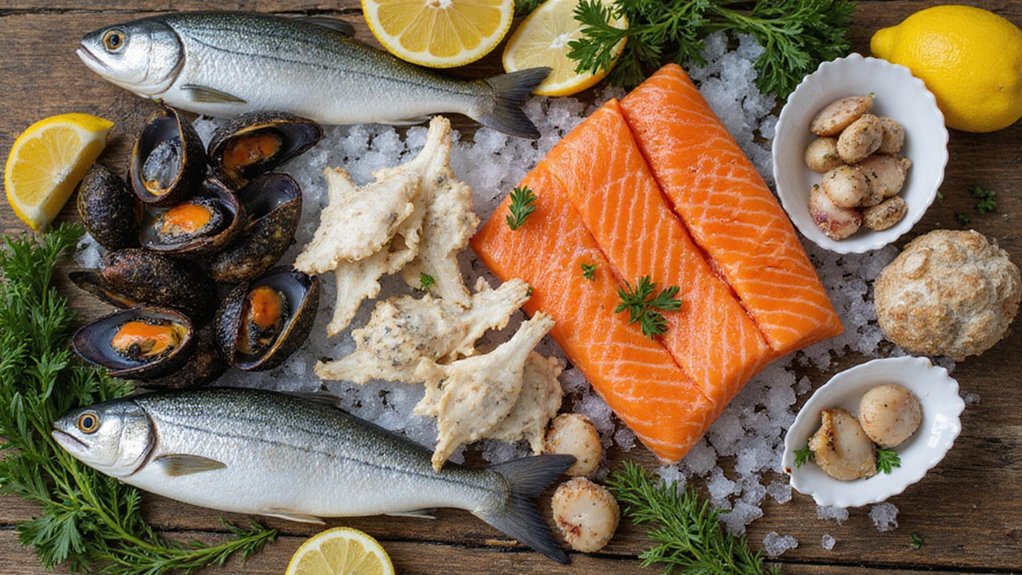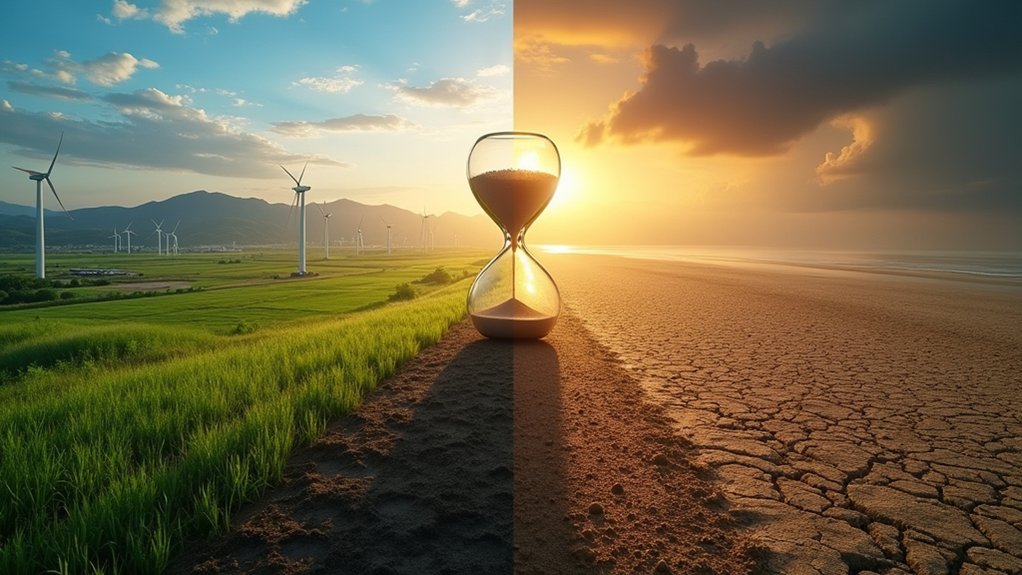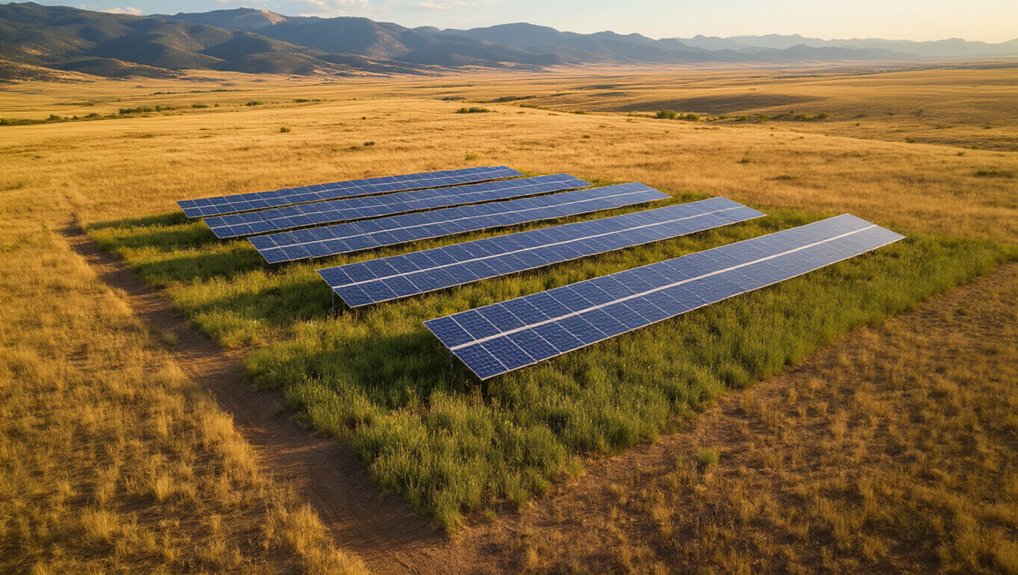Ocean-friendly seafood choices include wild Alaskan salmon, Pacific cod, and farmed options like mussels and oysters. Small, fast-reproducing fish such as anchovies and sardines are sustainable due to their abundance. Alaska crabs, US-farmed shrimp, and certified seafood with the MSC blue label offer guilt-free dining experiences. Fishing methods like using lines or traps reduce environmental impact. The guide below reveals more sustainable species for your plate.
When it comes to protecting our oceans, what we choose to eat matters. Consumers can make better choices by selecting seafood that comes from healthy, well-managed sources. Many options exist that allow people to enjoy seafood without harming marine ecosystems.
Wild-caught seafood from Alaska offers several sustainable choices. Pacific cod, Wild Alaskan salmon, and Alaska pollock are all harvested under strict management programs that maintain healthy populations. Atlantic herring and sea scallops are also caught using methods that follow science-based rules to protect their numbers.
Alaska’s responsibly managed fisheries offer sustainable seafood options that protect marine ecosystems while maintaining healthy fish populations.
Farmed seafood can be an ocean-friendly option too. Farmed abalone, Arctic char, mussels, oysters, and tilapia from the US or Canada are produced with minimal environmental impact. Farmed sturgeon provides both meat and caviar without putting pressure on wild populations.
Shellfish like clams, mussels, and oysters actually help improve water quality as they filter feed. These species, especially when farmed, have very little negative impact on ocean habitats. Bay scallops and Atlantic surfclams are managed for long-term sustainability.
Small fish that reproduce quickly make good choices for eco-conscious diners. Anchovies, sardines, mackerel, and herring are abundant, fast-growing, and lower on the food chain. These fish populations can typically withstand fishing pressure better than larger species.
Certain crustaceans are caught using responsible methods. Alaska crabs, crawfish, spot prawns, US-farmed shrimp, and some blue crab fisheries operate under rules that prevent overharvesting and reduce harm to other species.
Fishing method matters too. Albacore tuna, rockfish, dogfish, halibut, and sablefish caught using lines or traps typically cause less damage than those caught with other gear types. Look for the blue MSC label when shopping for these species to ensure they truly come from sustainable fisheries.
Tools like the Marine Stewardship Council’s blue label help shoppers identify sustainable seafood. These certification programs verify that seafood comes from fisheries or farms that follow responsible practices. The Monterey Bay Aquarium’s color-coded rating system helps consumers easily identify sustainable seafood options. With this information, consumers can enjoy seafood while supporting ocean health.
References
- https://www.fisheries.noaa.gov/species-directory/sustainable-seafood
- https://www.msc.org/what-you-can-do/eat-sustainable-seafood/fish-to-eat
- https://www.seafoodwatch.org/seafood-basics/sustainable-healthy-fish
- https://ocean.org/overfishing/sustainable-seafood/search-sustainable-seafood/
- https://learn.eartheasy.com/guides/sustainable-seafood/









